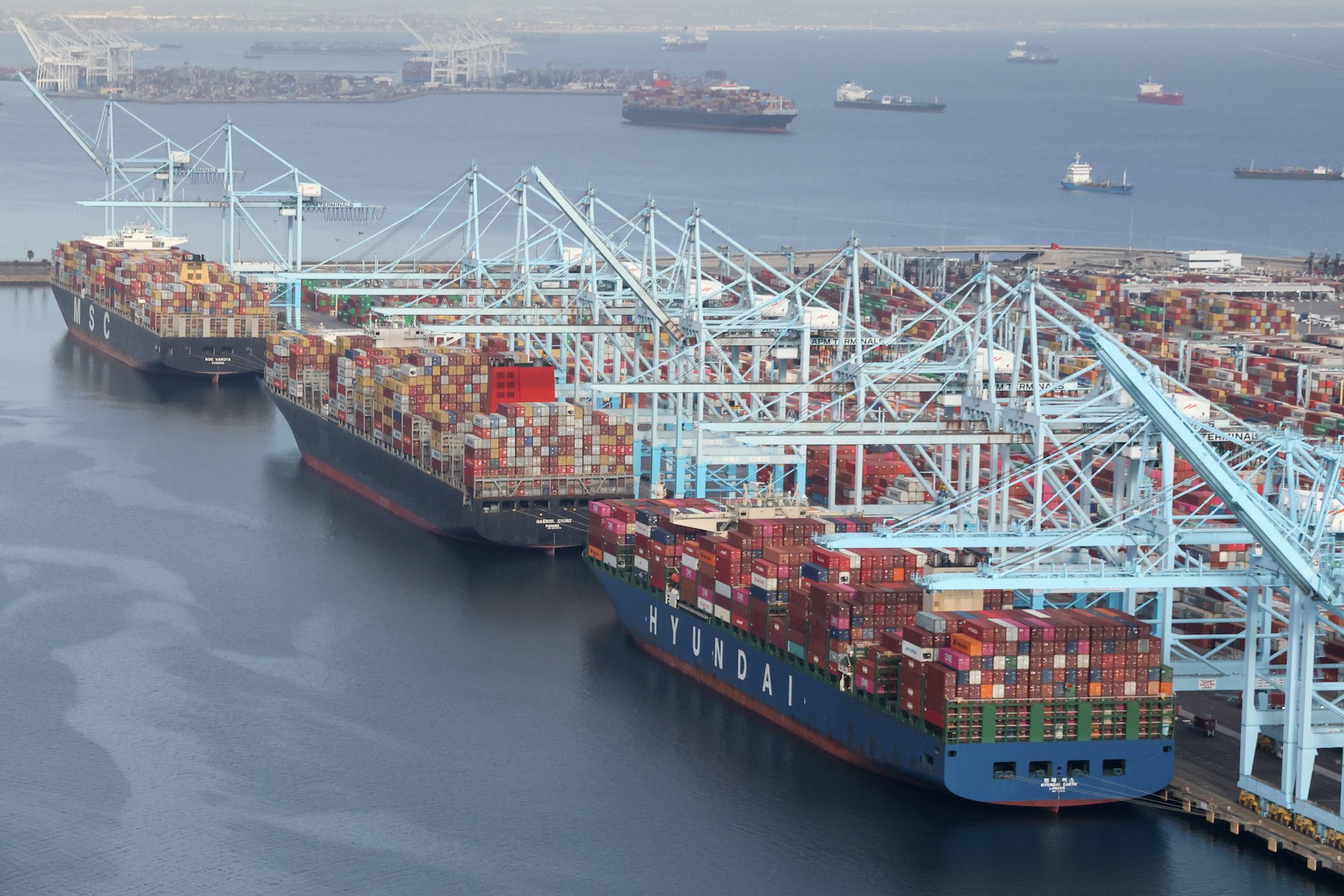Moody’s Ratings has released a report on the potential dockworker strike at U.S. East and Gulf Coast ports, indicating that while a brief shutdown would hurt ports, it would not have a material impact on their financial stability.
The International Longshoremen’s Association (ILA) union has signaled its intention to strike on October 1 unless a new contract is agreed upon by the end of September. This labor action could largely shut down more than a dozen major ports from Texas to Maine that handle over half of all container cargo in the US, as well as other essential cargo types.
“A labor action would have a disruptive effect because these ports handle nearly 60% of container trade and it is currently the peak shipping season, ahead of the holiday season,” said David Kamran, Assistant Vice President for Moody’s Ratings. He added that shippers could mitigate some impact by frontloading shipments and redirecting cargo through West Coast ports.
While a strike would hurt port revenue, Moody’s analysis suggests that it would take a shutdown similar in length to the 10-day West Coast port lockout in 2002 to cause a material financial impact. The ports’ strong liquidity and healthy credit metrics, bolstered by several years of strong activity, provide some buffer against short-term disruptions.
The report identifies “operator ports” as most exposed to a shutdown, while “landlord ports” are less susceptible to financial impacts. Large operator ports at risk include the ports of Savannah, Houston, Virginia, and Charleston, although their healthy liquidity and strong state relationships could provide support during an extended strike.
The potential strike raises concerns about global supply chain disruptions, particularly as retailers build inventory for the holiday season. While some cargo could be rerouted to West Coast ports, limitations in capacity could lead to congestion and increased transportation costs.
As stakeholders monitor the situation, the possibility of White House intervention under the Taft-Hartley Act remains a factor that could prevent or limit the duration of a strike, although a Biden Administration official signaled this week that the administration has no intention of invoking the law.

 Join The Club
Join The Club










